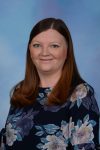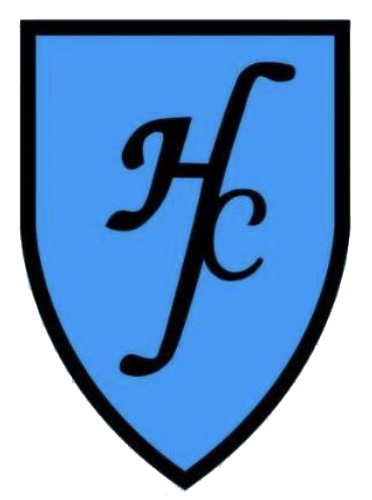
Mrs A Guest

Mrs A Wright

Mrs S Cain
Welcome to the Year 6 page, which includes all of the details to help you and your child know more about their year group. In Y6, we love to play, pray and learn together, focusing on consolidating our learning from previous and current year curriculum via a combination of practical, abstract and pictorial activities. In Year 6, we start to transition to encourage the children to be more fluently independent, in order to prepare them for when they move onto their respective high schools. Throughout the year, we focus on helping one another address misconceptions in order to better ourselves, as well as building our resilience to cope with our challenging curriculum. Additionally, the children have the opportunity to have increased responsibility in representing the school as prefects and council members, as well as setting a positive example for the rest of the children in the school with respect.
On this page you will find information about the Year 6 curriculum, across both Core and Foundation subjects, which your child will follow this year. This includes a curriculum overview, knowledge organisers and our Year 6 Reading spine, which is designed to support key themes with links made across a range of curriculum areas.
What will your child need to bring with them?
-
Year 6 will have PE on a Tuesday and Friday and should wear their PE kits on these days.
-
A reusable water bottle. Children have the responsibility to take their bottles home each night for cleaning.
- A healthy snack for morning break
- Packed lunch (if required)
- Reading diary to be kept in book bags daily.
Reading
At Holy Family, we use the Accelerated Reader program for reading. Accelerated Reader (AR) is a computer program that helps teachers to manage and monitor children’s independent reading practice. Your child picks a book at his/her own level and reads it at his/her own pace. When finished, your child takes a short quiz online – passing the quiz is an indication that your child has understood what has been read. Once this has been completed, children can change their reading book.
The Interest Level sticker at the top of the book spine indicates for which age group a book is appropriate, based on the content and themes. In Upper KS2, the sticker on the top of the spine of your child’s book will likely be pink. However, we do use best judgement when guiding pupils to books. In Key Stage 2, children should be reading for 20 minutes every night. Although reading is recorded through quizzes completed on Accelerated reader for KS2, it is important that daily reading is tracked using reading diaries. By recording the page number each time your child reads, we are able to track your child’s reading habits and the frequency of their reading. Additional comments can be added if required. Your child can take responsibility for filling in their diary; we do ask that parents sign the diary through the week to confirm the reading records as being accurate.
It is recommended that reading diaries are kept in school book bags every day so they are accessible; they will be checked and signed in class on a Monday and Friday.
Spellings
Our spelling approach has been introduced across Years 2-6 which provides a range of strategies for children to use when spelling words. The activities are built on the fundamentals of teaching spelling with strong phonic foundations and allow children to practise, explore and investigate a range of words. Through our teaching, we are encouraging the children to make links between words and find patterns within them.
To support this approach, children will be given 15 spellings to learn fortnightly as part of their homework. The words set will be taught in class and unpicked to identify sounds and their matching grapheme representations. This is so our children can recognise how sounds are written and then they can apply this knowledge to the spelling of other words. At the end of the two-week cycle, the children will be given words to spell in class that are not the same as have been practised at home, but words that contain the same sounds and graphemes. Please encourage your child to practise these spellings at home in frequent, short bursts across the fortnight to help those spellings stick.
Homework
All of the homework set for your child each week will be accessible via Seesaw, our online platform. Homework is compiled using our online programs. It is set every Monday and will be due the Friday of the same week. Homework in Year 6 will consist of:
- Reading (20 minutes per night) with completion of reading diary and AR quiz when necessary
- SATs Companion – English and Maths (1 set activity per week for each subject)
- TTRockStars – times table practise with related division facts (10 garage games per week required plus additional studio/competition games when promoted)
- Spelling Shed – Spelling practise (15 words to be practised across 2 weeks)
- Maths Shed – Quiz Shed activity based on Maths taught in class (1 quiz activity set per week)
In Year 6, children develop the school values of Respect, Responsibility and Resilience by attending their second residential. This gives children the opportunity to develop key skills such as communication and teamwork while overcoming personal challenges through perseverance and determination.
